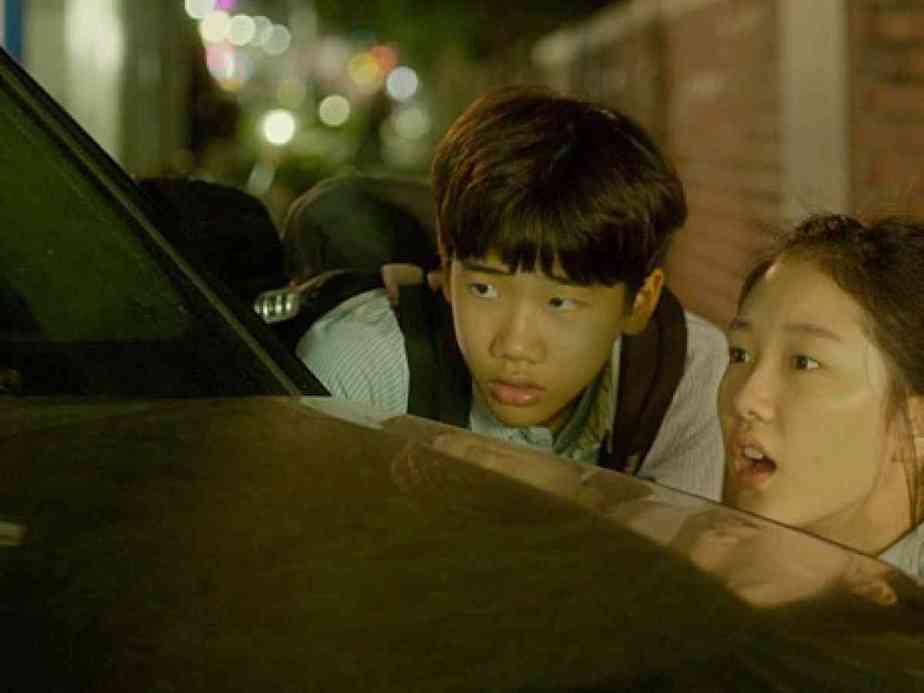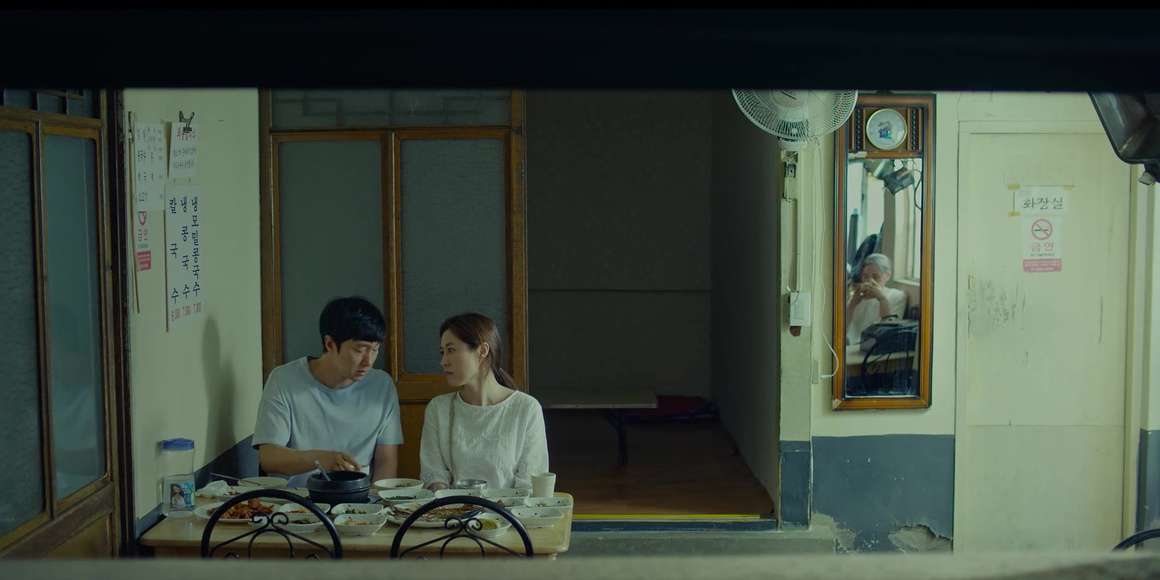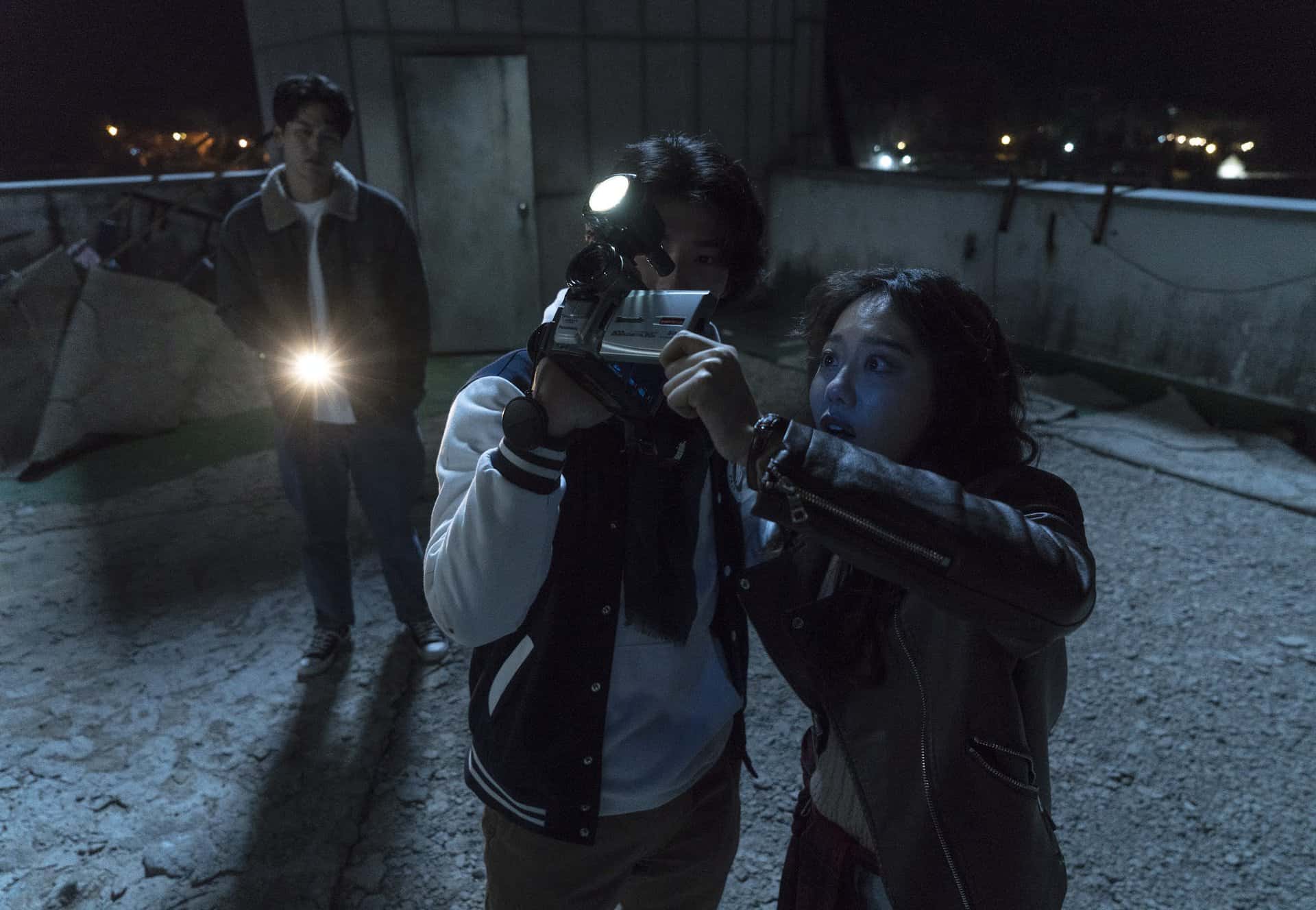It is always good to watch a film that deals with the concept of corruption with realism, particularly regarding the connections between illegal immigrants and the police, and even more so from a country whose film production comprises, almost exclusively, of horror, comedy and romance movies. Nam Ron tackles this subject with a sincerity that seems to ignore the heavy censorship the authorities exercise in Malaysia.
“Crossroads One Two Jaga” is screening at the Five Flavours Festival

The story revolves a number of axes, which intermingle and eventually clash. The first one revolves around two policemen: Hassan, who is married and has two children, and Hussein. The first one takes bribes frequently from various individuals mostly dealing with illegal immigrants, in order to satisfy his wife's “demands” and pay the bills, in a tactic that eventually leads him to a clash with his partner.
The second one deals with Sugiman, an Indonesian laborer who lives in Kuala Lumpur with his sister Sumiyati and his son, Joko, and finds himself in debt to his “boss”, Sarip, who is actually a policeman, after his sister, fed up with the way her boss exploits her, wishes to get back to Indonesia, although her current boss holds her passport. Furthermore, his son hangs out with Sarip's son, Adi, a “mad dog” who does not shy away from even fighting the police. Eventually, Hussein and Hassan clash with Adi, and a series of events that leads to disaster begins to unfold.

The third one revolves around Rico, another illegal immigrant, Filippino this time, whose boss suspects him of stealing and decides to punish him.
Nam Ron directs a movie whose obvious purpose is to highlight the corruption of the Malay system, in as many forms as possible; thus the various axes. However, and despite the fact that, particularly the two first ones, are quite interesting with engaging characters, at just 80 minutes, he does not get the chance to fully explore any of them in particular. On the other hand, the finale, where the different stories clash, is impressive, but in conjunction with the aforementioned element, makes the movie somewhat uneven.
Apart from the above, the film does succeed in showing both the harsh circumstances of the illegal immigrants in the country, and the corruption that seems to reach all aspects of life, from the lowest depths to the higher echelons of the police. Furthermore, the concept of “who is the criminal and who the policeman” is presented quite nicely, highlighting the fact that the borders between the two are very thin in this case.
Mohd Helmi Yusof's cinematography captures the claustrophobic sense of the lowest depths of Kuala Lumpur quite accurately, with his camera focusing on realism regarding the harsh circumstances in the various area the story take place. Razaisyam Rashid's editing is one of the better aspects of the movie, with him retaining a relatively fast pace, while keeping the various axes from becoming confusing. In general, the production values of the film find their apogee in the violent finale, evidently the most impressive sequence in the movie.

Zahiril Adzim as Hussein and Rosdeen Suboh as Hassan give very convincing performances that highlight their chemistry, in “Training Day” fashion. Ario Bayu as Sugiman presents a character in a series of impossible situations nicely, while Amerul Affendi makes a great “villain” as Adi.
“Crossroads: One Two Jaga” is a worthy effort that entails a number of very interesting characters and social comments, all of which would benefit much, though, if the film's duration was longer, in order for Nam Ron to explore them more thoroughly. Definitely deserves a watch though.















